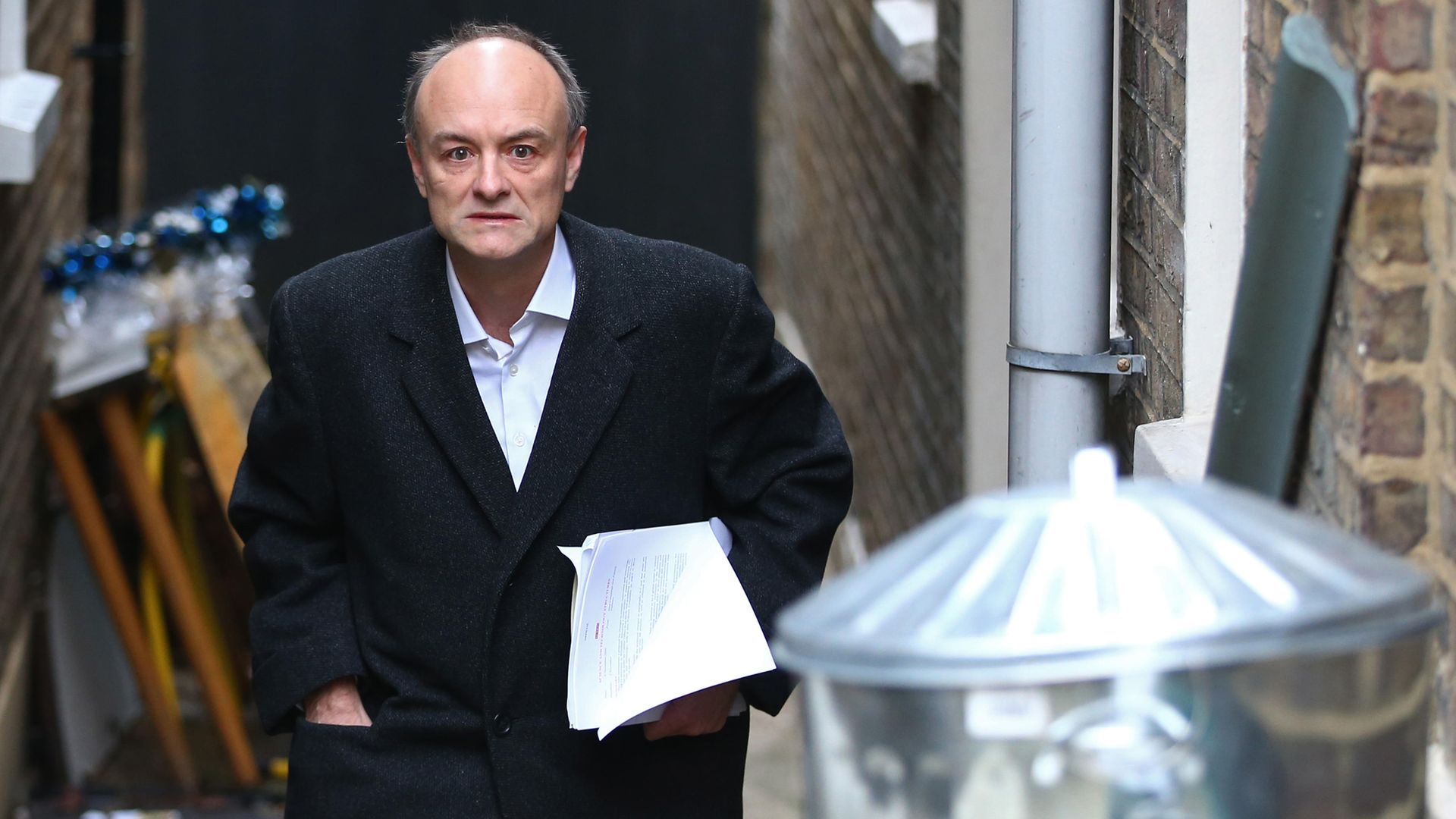
Boris Johnson’s former senior aide Dominic Cummings has warned the prime minister against unlocking England on Monday over fears of a surge in the Indian variant of coronavirus.
Cummings shared calls from independent scientists on social media who claim that a lifting of lockdown on May 17 could risk a third wave of the pandemic in the UK.
The former Downing Street chief adviser quoted a warning from Professor Christina Pagel of the Independent Sage group that the spread of the variant must halt the next steps for unlocking England.
Her comments follow research from a Warwick University modelling team which caution that if the variant was 40% more transmissible than the UK dominant Kent strain the next surge could be worse than the second wave.
In a follow-up message, Cummings shared a message from another expert which said that even as a “precautionary principle” it should be heeded, regardless of whether the prediction is accurate.
Timothy Gowers, a director of research at the University of Cambridge, wrote: “Even if there’s only a 20% that Prof Pagel is right, the cost of another big wave is much higher than the cost of delaying the next stage of the roadmap.”
Vaccines minister Nadhim Zahawi said Monday’s lockdown lifting is still happening but said the public must help suppress the Covid-19 infection rate in the face of the Indian variant if the June 21 unlocking is to stay on track.
He told LBC’s Nick Ferrari that the reopening of indoor meet-ups “is still on”.
But when pressed on whether the plans for June 21 could be paused, he said: “The way we don’t have to do that is by everybody doing their bit, by taking the two tests a week, doing your PCR test in those areas, and to isolate, isolate, isolate.
“We have got to break the cycle of infection, because one of those big tests was infection rates have to be suppressed, and the other big test is variants.
“If those cause a problem, then the tests will fail. The four tests have to be met for June 21.”
Zahawi said the seven-day rolling average figures for infection show a 12.4% rise, but hospital admissions are down by 7.9%.
“That is good news because it tells you that the vaccines are clearly working in terms of hospitalisation and severe infections… but the infection rate is what is concerning, which is why we have to surge test and then isolate,” he said.
Warning: Illegal string offset 'link_id' in /mnt/storage/stage/www/wp-includes/bookmark.php on line 357
Notice: Trying to get property 'link_id' of non-object in /mnt/storage/stage/www/wp-includes/bookmark.php on line 37






